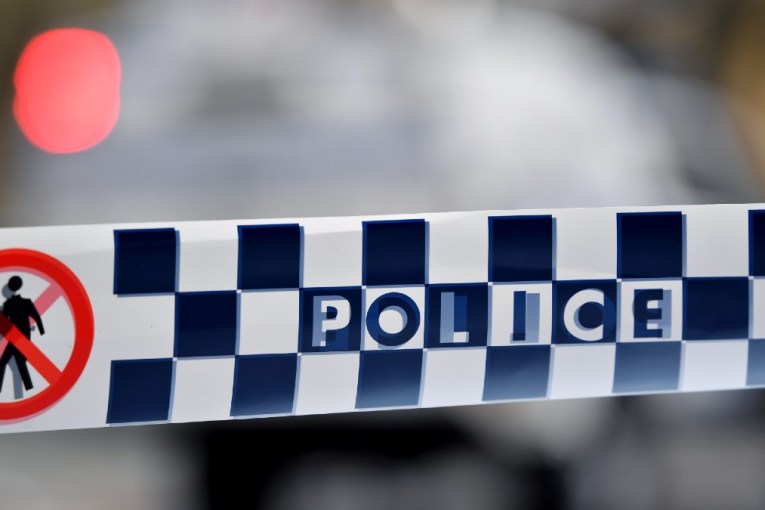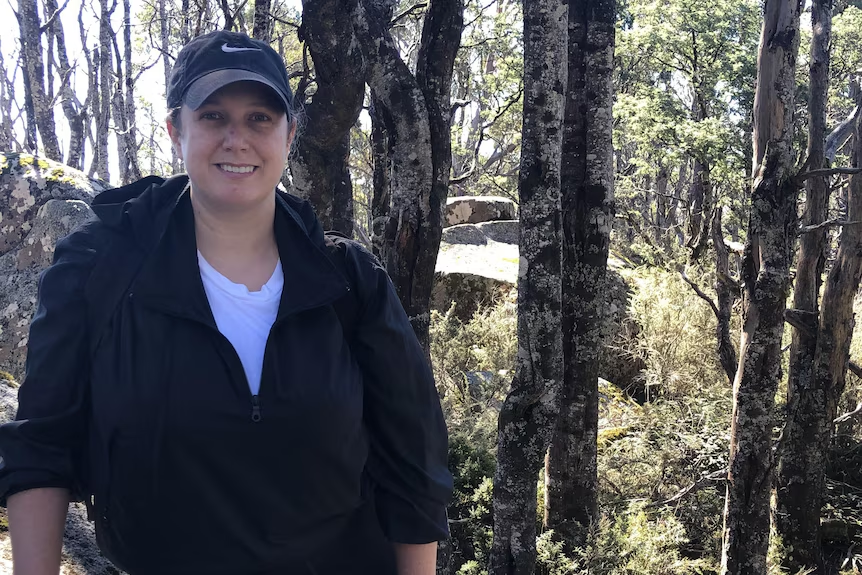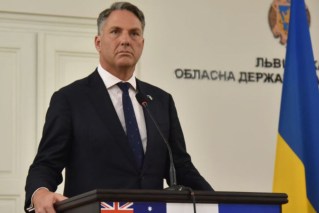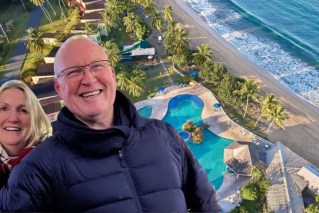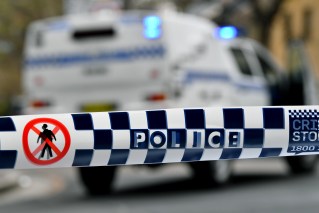Following in the 50-year-old footsteps of Gough Whitlam, Prime Minister Anthony Albanese is heading to Beijing in the latest sign of a thaw in the troubled relationship with China.
And one major indication of change in the diplomatic client will come when Mr presses the Chinese government to resolve the case of detained Australian writer Yang Hengjun.
Mr Albanese, who departed from Darwin on Saturday afternoon for Shanghai and will travel to Beijing on Sunday, is the first Australian leader to visit China in seven years.
The three-day trip also comes on the 50th anniversary of Gough Whitlam’s landmark trip in 1973 – the first by an Australian prime minister to the People’s Republic of China.
Mr Albanese will meet Chinese President Xi Jinping in Beijing on Monday in an encounter the government hopes will stabilise relations between the two countries.
While the visit will highlight trade, the Prime Minister will also call for the release of Dr Yang, who was detained by Chinese authorities in 2019 and faces espionage charges, the basis of which Beijing has never explained.
‘Yang’s case needs to be resolved’
“I will be saying that Dr Yang’s case needs to be resolved and I will be speaking about his human rights, the nature of the detention and the failure to have transparent processes,” Mr Albanese said in Darwin.
While the government has raised the issue of Dr Yang’s detention previously, there is renewed hope following the recent release of Chinese-born Australian television journalist Cheng Lei after three years in detention, also on espionage-related charges.
Mr Albanese will become the first Australian prime minister to visit the country since 2016 after several years of trade disputes, import bans and regional tensions.
But the Prime Minister won’t back China’s push to join a trans-Pacific free trade agreement.
Despite what officials have described as “patient, calibrated, deliberate” action to steer the relationship towards the high-level talks in Beijing, there will be no “back to the future” return for relations before the cracks began emerging.
Chinese President Xi Jinping is expected to lobby the Prime Minister for Australia’s support for his country’s bid to join the 12-nation Comprehensive and Progressive Agreement for Trans-Pacific Partnership.
China regards the relationship with Canberra as being at the forefront of its relations with developed countries. But it also believes its application to join the trans-Pacific trade bloc is crucial to upgrading economic co-operation between the two nations.
But Mr Albanese will reaffirm Australia’s position, that the bloc has the highest standards for entry and will need the unanimous support of member nations to allow new countries in.
On the agenda: trade bans
The Prime Minister will focus on reinvigorating the bilateral China-Australia free trade agreement, resolving trade bans imposed on Australian exports, as well as future dispute resolution.
The official visit will include a grand ceremonial welcome at the Great Hall of the People in Beijing, where Mr Albanese will meet with Mr Xi on Monday.
The following day, he will return to the venue to be hosted by Premier Li Qiang. Foreign Minister Penny Wong will accompany Mr Albanese.
The Prime Minister will raise the case of detained Australian writer Yang Hengjun with Mr Xi, along with the South China Sea and the importance of regional stability in the Indo-Pacific.
Kicking off the three-day visit, Mr Albanese on Sunday morning will attend the opening of the China International Import Expo trade fair in Shanghai.
More than 200 Australian companies will be represented at the event, with Mr Albanese expected to visit the stalls of Australian businesses in the agriculture sector.
Trade Minister Don Farrell will accompany the Prime Minister at the event, and will likely meet with Chinese counterpart Wang Wentao.
At the height of a diplomatic spat in 2020, Beijing imposed trade bans worth $20 billion on Australian products.
The government has managed to whittle those tariffs down to about $2 billion since winning power in 2022.
China lifted tariffs off barley in August following a review, and is undertaking a five-month review of its ban on Australian wine worth $1.2 billion.
The remaining trade issues are bans on lobster and beef exports.
—AAP

